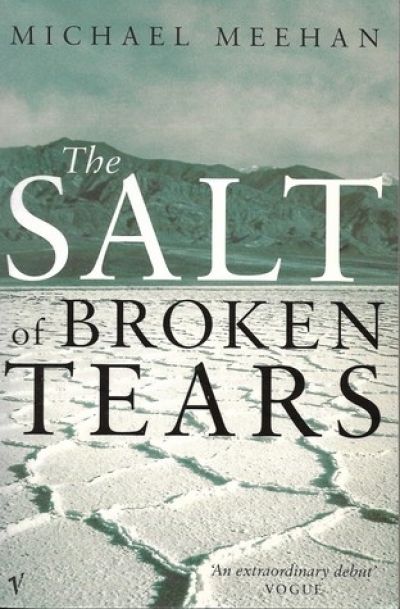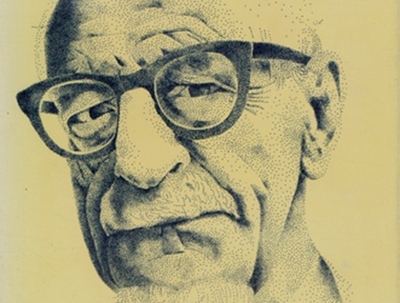John McLaren
John Docker
Mark Davis’ Voltairean Gangland is one of those rare books that prise open a space for revaluation of the direction of a culture. Like The Dunciad’s evocation of the Grub Street hacks of its time, Gangland exposes tentacular networks of chummy patronage, mutual puffery, and cultural power. Gangland is especially enjoyable on the clown-like behaviour of the ex-Scripsi diaspora – in a curious sexual division of labour, a B-team of male critics, captained by the felicitously named P. Craven, has successfully promoted a coterie of writers like Jolley, Garner, and Modjeska. Compared to those I analyse in Australian Cultural Elites (1974) and In A Critical Condition (1984), this new élite is the most intellectually thin in Australian cultural history. Assisted by a passive, grovelling middle-class readership, it both creates such writers as canonical and then tries desperately to shield their texts from critique and challenge.
... (read more)The Ear in the Wheatfield: A Portrait of a Magazine edited by Kris Hemensley
Dhvanyaloka, the Literary Criterion Centre at Mysore, derives its names from a classic Indian work of literary criticism and, by way of Cambridge, from T.S. Eliot’s journal of the 1920s. The Indian work saw literature as a spreading of the light, Eliot saw it as the maintenance and renewal of tradition. Mysore, Professor C.D. Narasimhaiah applies these two principles to the study of Commonwealth literature.
... (read more)Arthur Phillips, who died last month at the age of eighty-five, was one of the major figures of the democratic nationalist tradition in modern Australian literary criticism; and his collection of essays, The Australian Tradition (1958; second edition 1966) epitomises the strength of this school. These essays are marked by the perception of the reading behind them, the clarity of the writing in them, and, the enthusiasm for his subject which shows throughout them.
... (read more)







